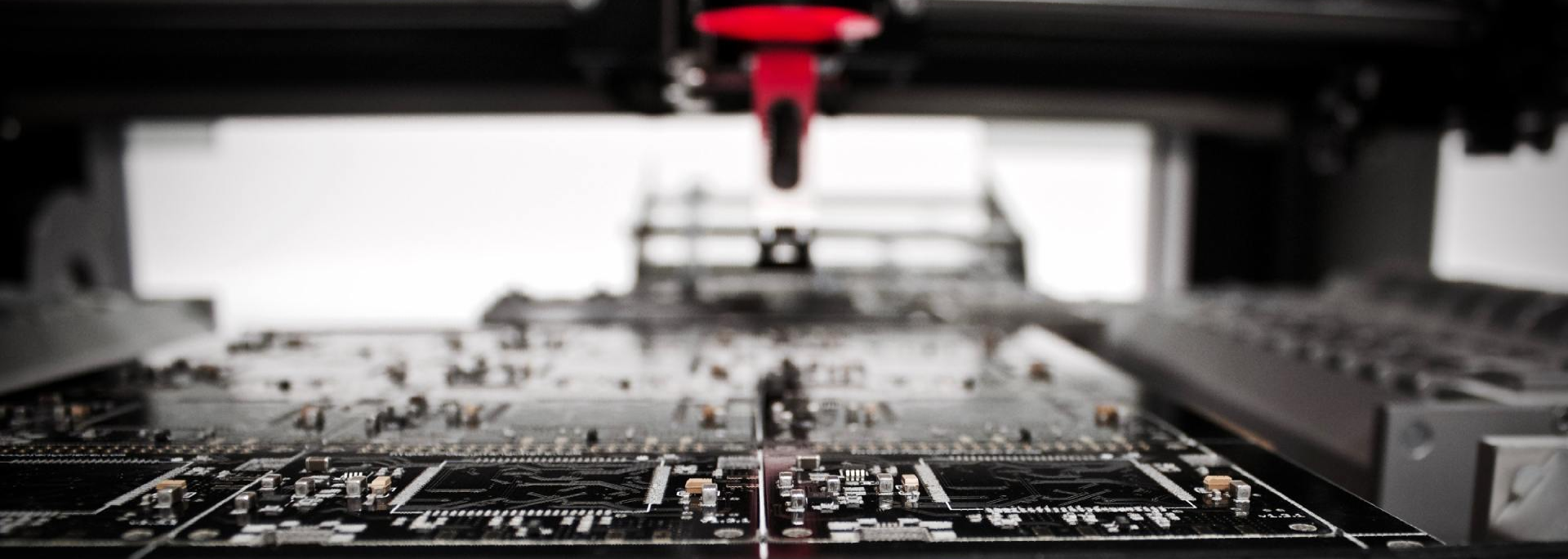Eric Shapiro is a highly successful and well-known personal injury and wrongful death attorney who represents individuals and family members who suffered harm as a result of someone else’s actions.
Accidents Caused by Car Software Failure



Eric Shapiro is a highly successful and well-known personal injury and wrongful death attorney who represents individuals and family members who suffered harm as a result of someone else’s actions.
All Rights Reserved | Eric S. Shapiro, Attorney at Law, PLC.
This website is for general information about Arizona personal injury and wrongful death law. This site has been prepared by Eric S. Shapiro, Attorney at Law, P.L.C. dba Shapiro Injury Law (Formerly known as Shapiro Law Group) for informational purposes only and is not intended to provide legal advice. We have made every effort to provide up to date information; however, we can make no guarantees. No one should act upon information contained in this website without first consulting with a personal injury or wrongful death lawyer. The legal issues in a personal injury or a wrongful death case may be very complex. Every case is different and needs to be individually analyzed by an experienced attorney.
Please be advised that viewing our website and communicating with us by email or other medium does not create an attorney-client relationship. You should be aware that contacting our law firm through the Internet is not considered secure and, therefore, you should not send us confidential or sensitive information. We recommend that you contact us by phone to discuss any potential case or answer any questions. The lawyers listed in this website practice law only in the jurisdictions where they are admitted. This website is regulated by the Arizona Rules of Professional Conduct.
We are always available, without charge, for initial consultations. Our phone number is (602) 274-7400.